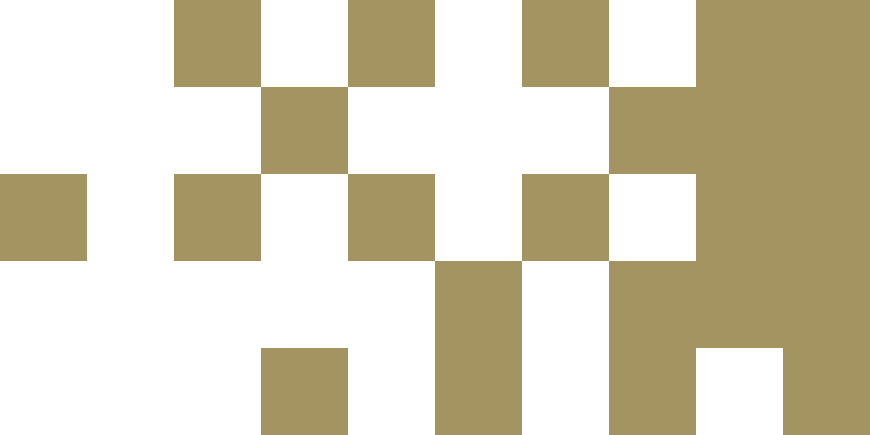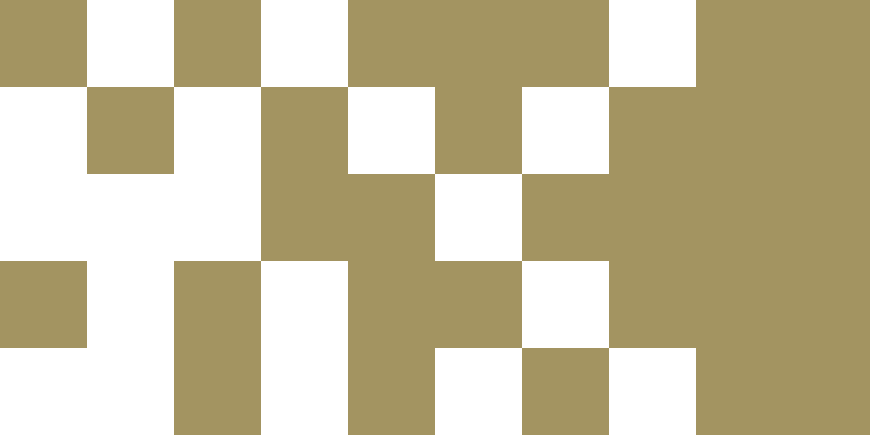Anxiety is the body’s natural response to stress. It is a feeling of tension, apprehension, or fear towards something that has yet to happen. Common anxiety inducing experiences could be public speaking or presentations, meeting people for the first time, job interviews, exams, or the first day at college. Anxiety is considered a normal human response that helps us to stay safe where there are threats and alarms us in potentially harmful situation. For example, if there was a fire you would need to act fast to get to safety. Anxiety helps us to detect a problem and act fast. However, sometimes our brains make mistakes, and we feel fearful where there is no real threat. For example, feeling anxious about being judged while walking into a room can make us feel socially threatened but is not likely to harm us physically. You can read more about the symptoms and types of anxiety in the dropdown menu below.
Courses
Admissions & Support




